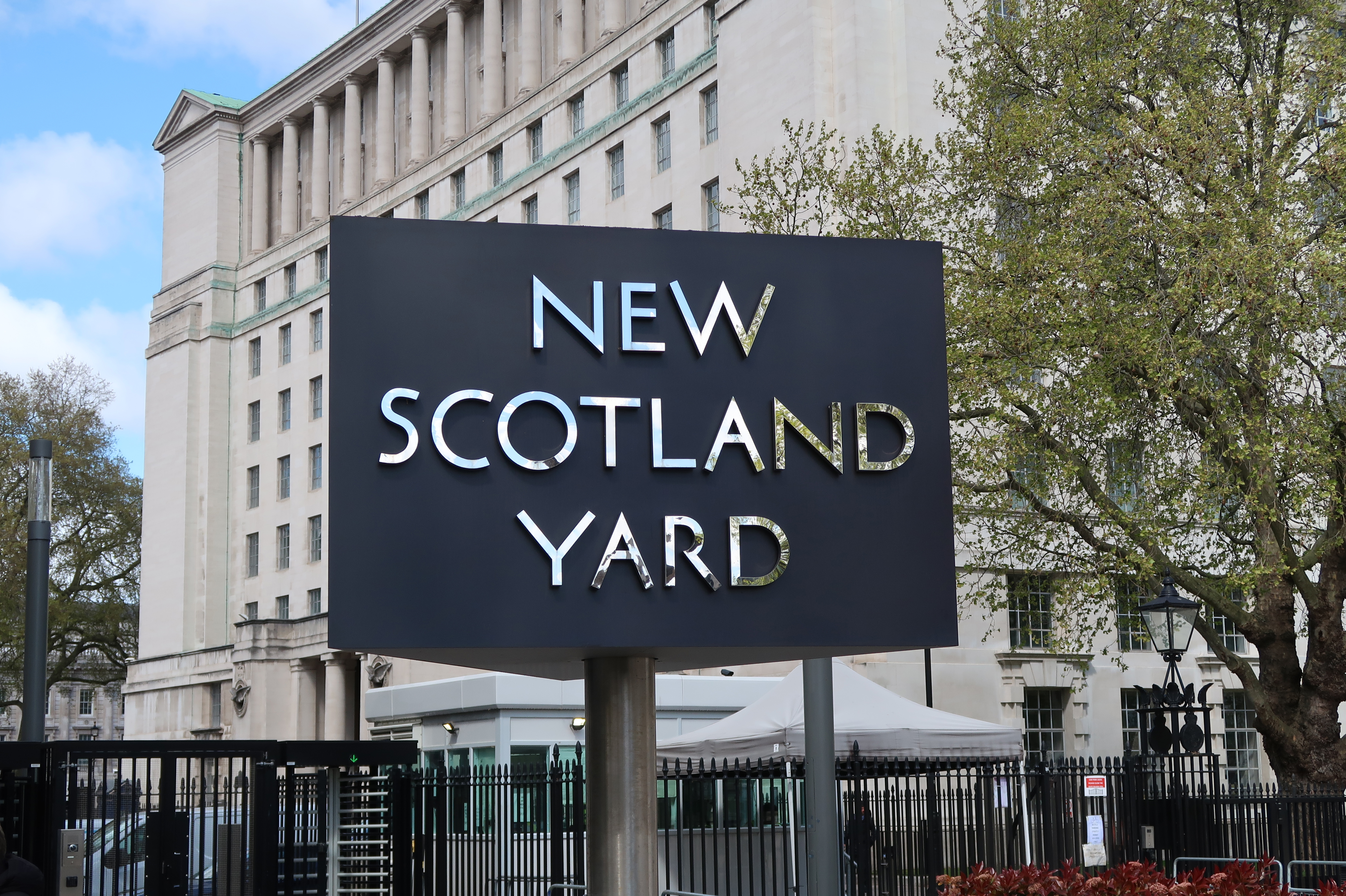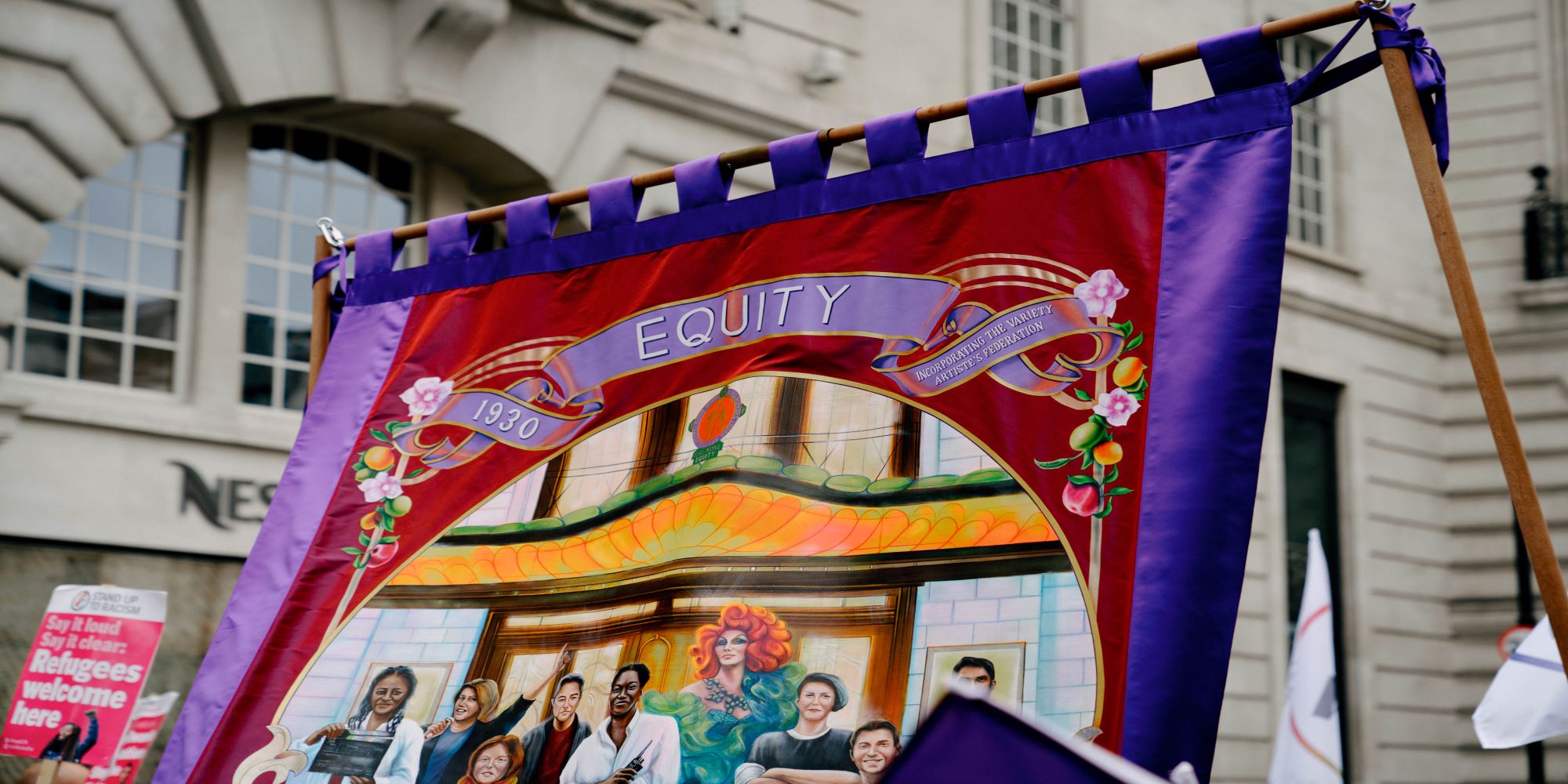BBC Scotland bosses were grilled by the Scottish Parliament on Thursday 29 May following an outcry at the decision to axe TV soap River City. Members of the Scottish Parliament’s Culture Committee fired questions at BBC top brass over investment in Scottish productions, the impact on training and job opportunities, and the broadcaster’s commitment to reflecting and engaging working-class communities in its programming.
Two weeks before, Equity leaders and a River City cast member gave evidence to the same committee, with politicians receptive to the concerns raised by and on behalf of Scottish creatives. MSPs used the session with the BBC to directly raise the union’s and workforce’s issues, aiming to secure clarity and commitments on Scottish productions.
Opening the session, Committee Convenor, Clare Adamson, asked BBC Scotland about the Fair Work agenda and raised concern about precarious working practices. River City is one of the longest running dramas ever on Scottish television, providing stable employment for creatives in a variety of disciplines both in front of and behind the camera.
This was followed by questions from Neil Bibby MSP, who asked about the cost and value of different dramas in comparison to River City. He said: “In terms of the actual number of hours produced, River City delivers 66 half hour episodes which is 33 hours a year; the three new dramas will deliver less. So there’s significantly less cost for River City and also significantly more content - 15 fewer hours compared to what’s currently provided by River City.” This wasn’t denied by the BBC, who confirmed “new dramas will cost more to make”, while pointing to changing audience habits in relation to drama.
River City was praised by both politicians and BBC bosses, with head of BBC Scotland Hayley Valentine saying she “likes the show” and praised it for having a 24-year run. Neil Bibby referenced the Royal Television Scotland award that River City received in 2023 and described the show as a “quality product”.
The change in approach to commissioning acknowledges, and there’s a view, that over the last ten years there’s been under-delivery for Scotland.
Alexander Stewart MSP
Patrick Harvie MSP talked about the poor way in which the closure was handled by the BBC, with confused messaging to cast and crew which “has left a bad taste in the mouth”.
He went on to discuss the importance of the training facilities and role that the River City Dumbarton studios provide. He said he felt the BBC “also needs to create the ecosystem for the industry: training, first job opportunities. It’s one of the reasons I think there should be a broadcaster like the BBC, a large, dominant, publicly funded broadcaster is to create that ecosystem, because nobody else is going to do that.” He asked BBC to confirm that the replacement dramas won’t provide a similar training and job opportunity ecosystem, saying “there’s a strong expectation from this committee that what you create is at least as valuable as what you close.” In response, BBC it couldn’t commit to a like for like but that there was significant investment in training and apprenticeships.
Focusing on the provision and engagement of Scottish production companies, Alexander Stewart MSP said, “The change in approach to commissioning acknowledges, and there’s a view, that over the last ten years there’s been under-delivery for Scotland.” He asked whether “the BBC will now look at Scotland’s production companies, the writers, directors and crews, to ensure the corporation’s obligations for Scottish production is and continues to be met and achieved?” The BBC responded that they didn’t recognise the picture as described.
The point was also made by Patrick Harvie, who referenced a report from Screen Scotland which showed of the top 15 ‘Scottish’ producers, only five were based in Scotland, two thirds were headquartered in London, and of those only two of the 11 suppliers mainly used by the BBC were companies formed and headquartered in Scotland.
On the question of representing communities, Neil Bibby spoke about River City and asked: “How does scrapping a working-class drama and working-class voices help build, support and audience reach for working class people?” He referenced public service broadcasting obligations, saying: “the BBC Charter talks about the need to reflect, represent and serve the diverse communities of all of the United Kingdom’s nations and regions and, in doing so, support the creative economy across the United Kingdom. … This is a soap about a working community and working-class voices, and I find it hard to see how the other dramas will replicate what’s there with River City.”




